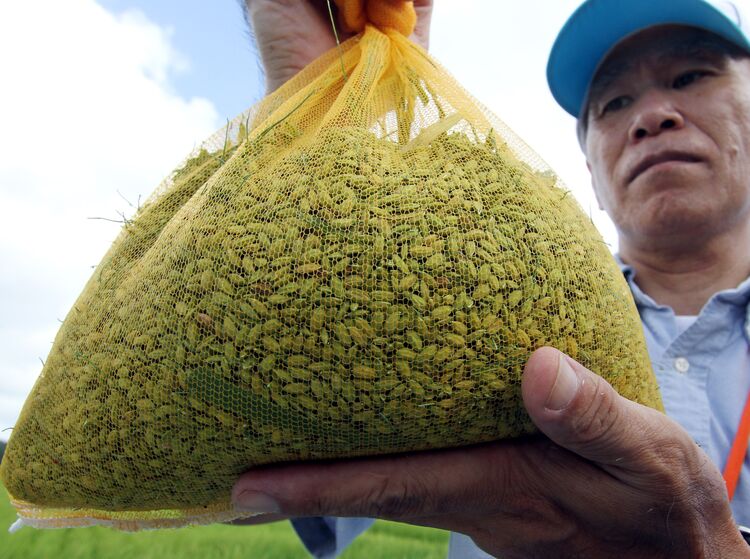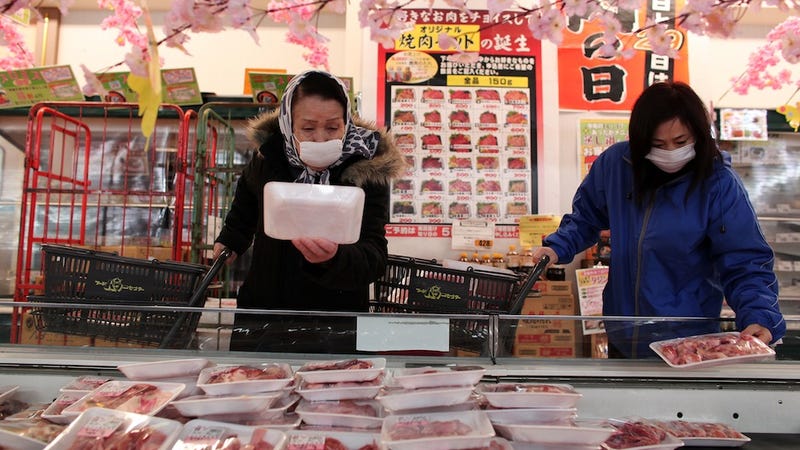“Under such circumstances, both private U.S. companies and governments in different levels are not capable of investing significantly in China. Somehow they are looking for the investment from China to help them boost their own economies and low-employment rate.”-Zhang Qizuo, economist Chengdu University
The Chinese Ministry of Commerce says investments coming from the United States are way down, compared to last year. It’s a sign of how bad the U.S. economy is, and the growing discontentment with U.S. citizens in seeing U.S. jobs go to China.
“Large-scale U.S. companies are also under domestic pressure in ‘giving jobs to Chinese’, therefore, they have to consider the feelings of approximately 14 million Americans and deliberately delay or even cut some investment plans in China.”-Zhang Shiqing, economist Nankai University
Overall U.S. investments in China dropped from January of last year, to June of this year, by a big 22.32%. That’s a big drop, but in dollar amounts, the U.S. still invested $1.68 billion.
European countries, and other Asian countries, are still on the plus side of investing into China.
Another factor in the drop in U.S. investments is inflation in China, which includes the cost of labor. Labor cost are going up in China, and in the U.S. labor costs are going down, no thanks to Union busting and high unemployment.
I can’t think that this is helping cut unemployment in the United States, after all there has been no change in the overall unemployment situation, even though there’s been a 22.32% drop in investments into China. Despite what Chinese economist think, I think the real reason is that U.S. corporations, and government, have put the brakes on investing into China, is because they’re out of money to invest.






